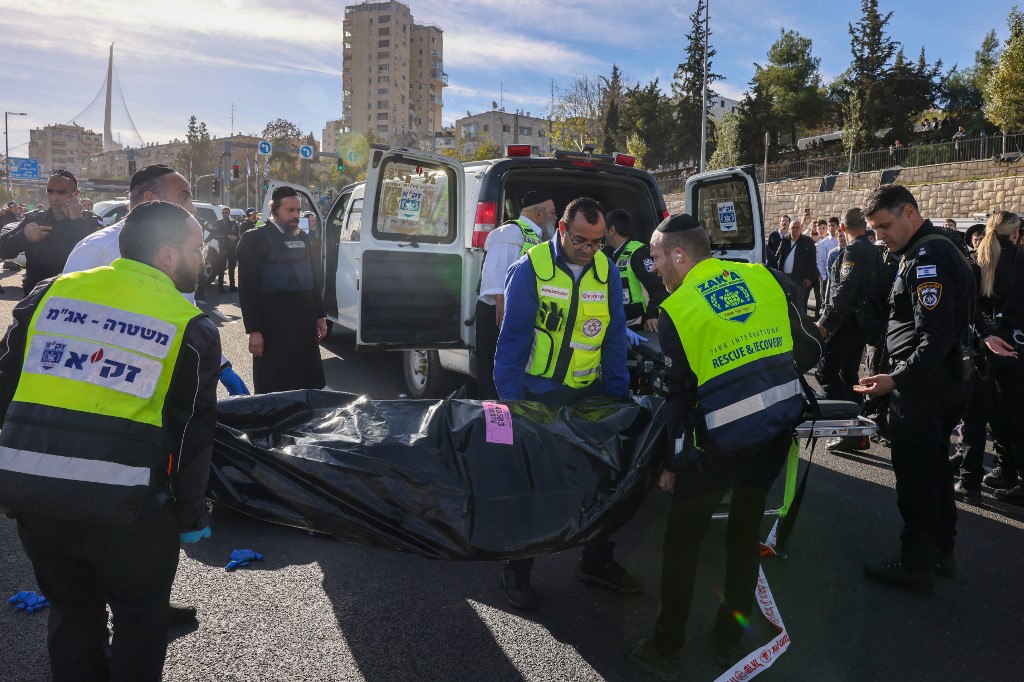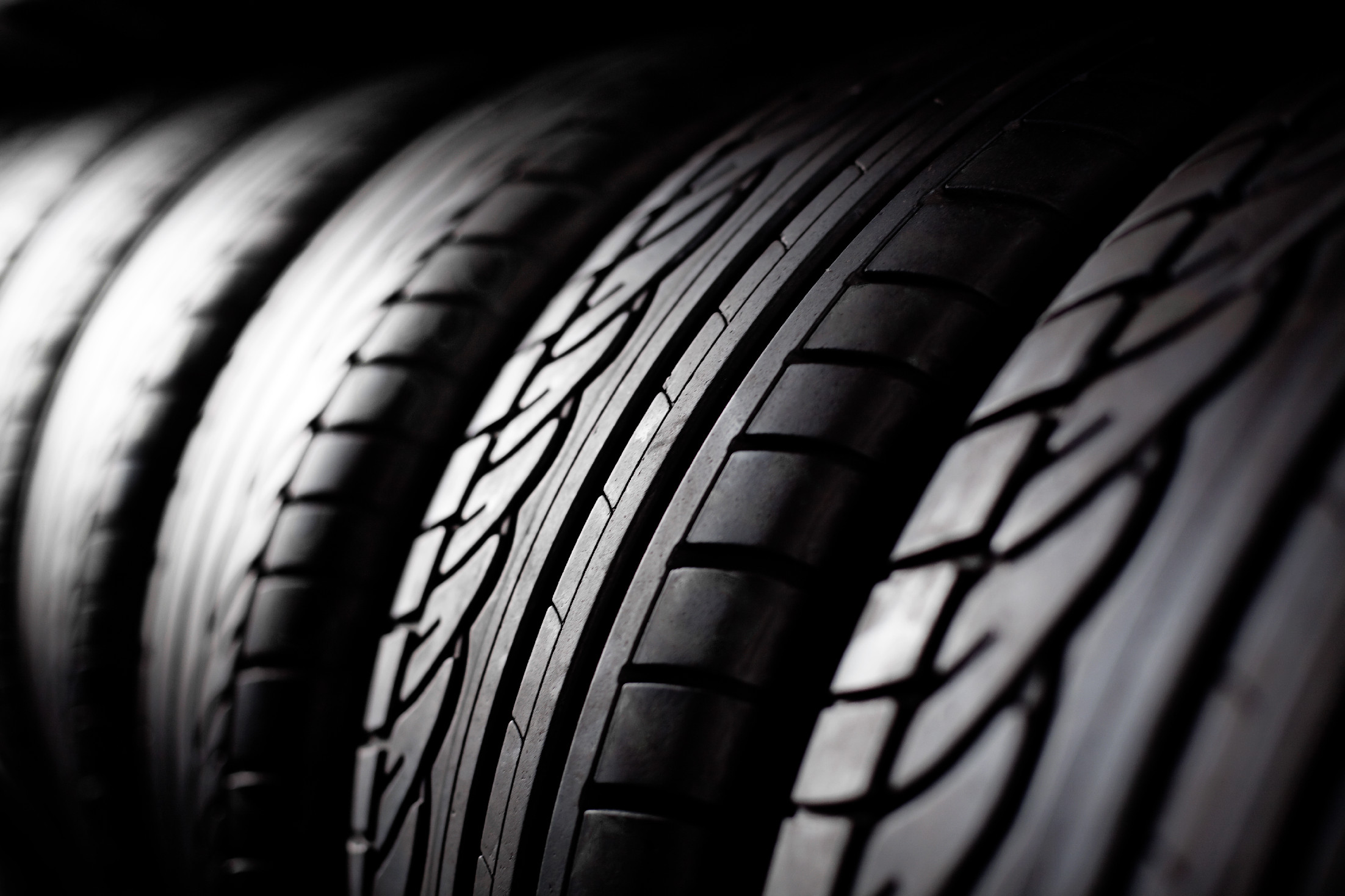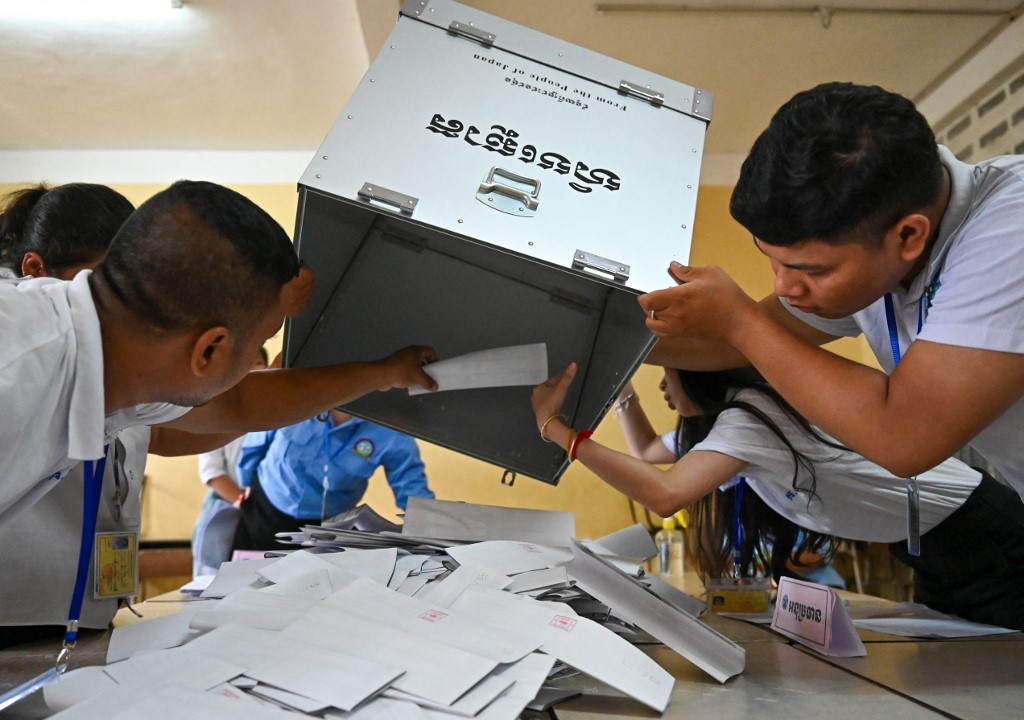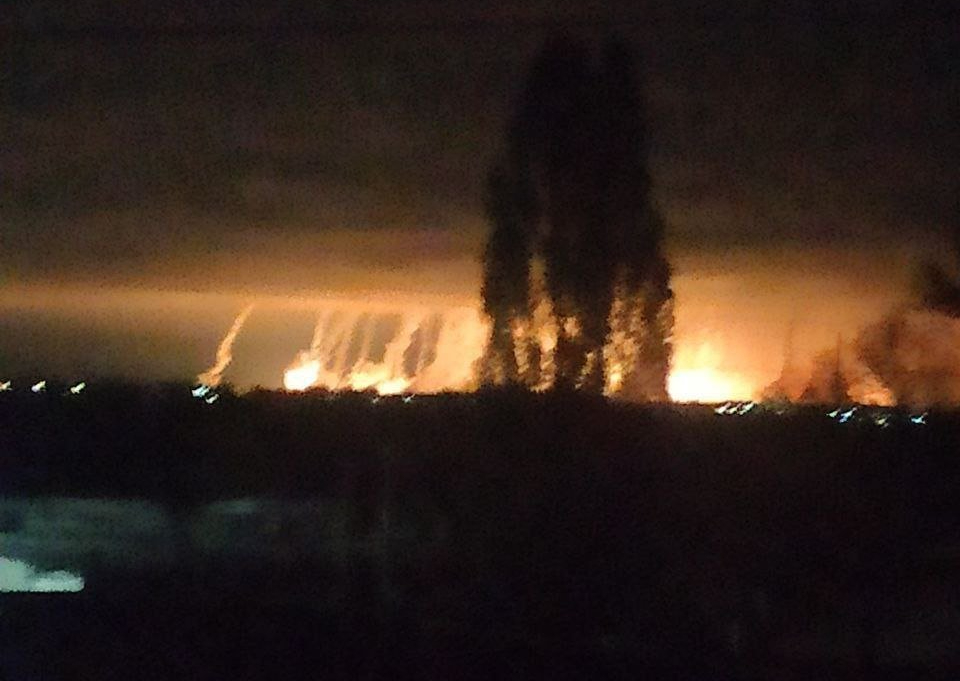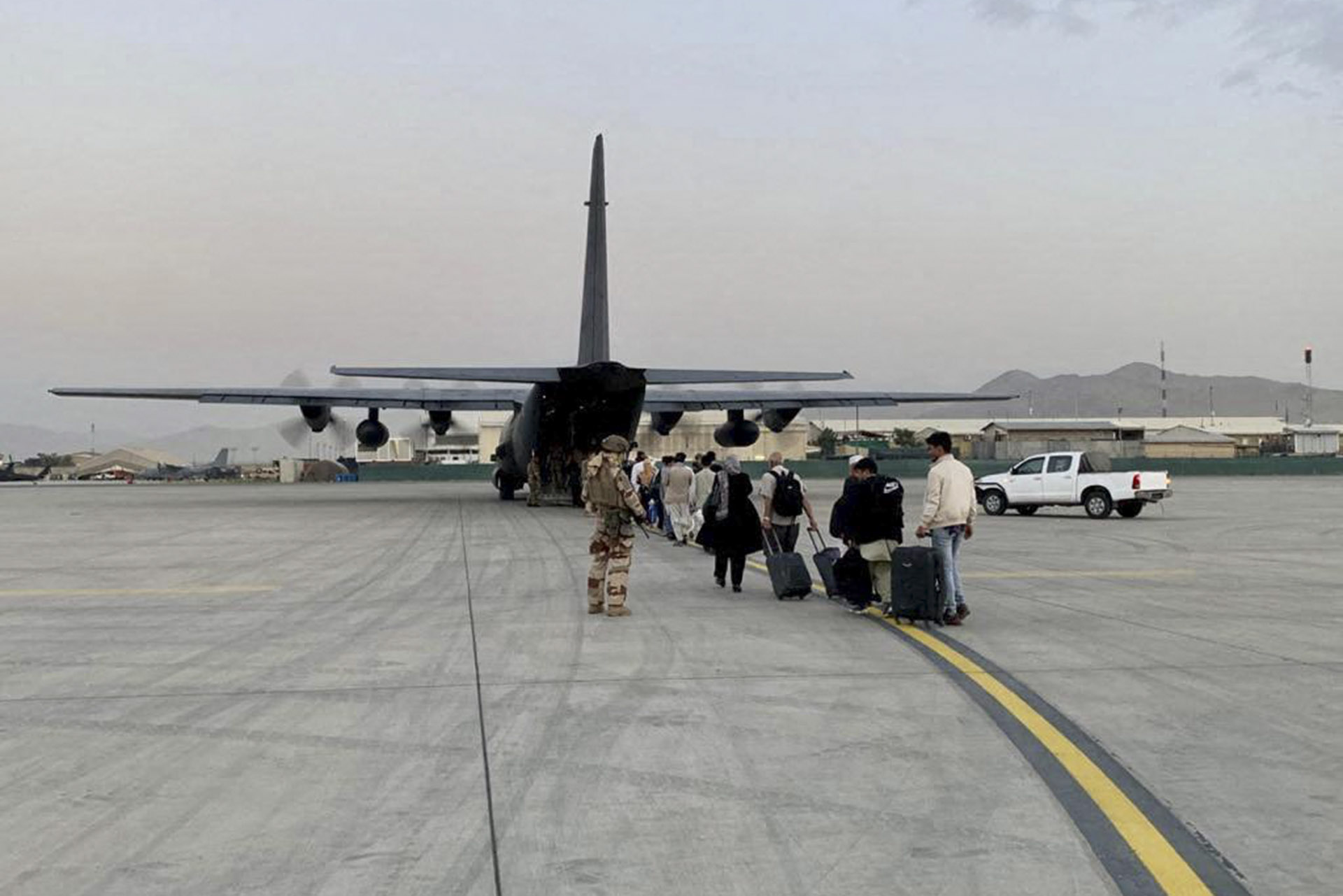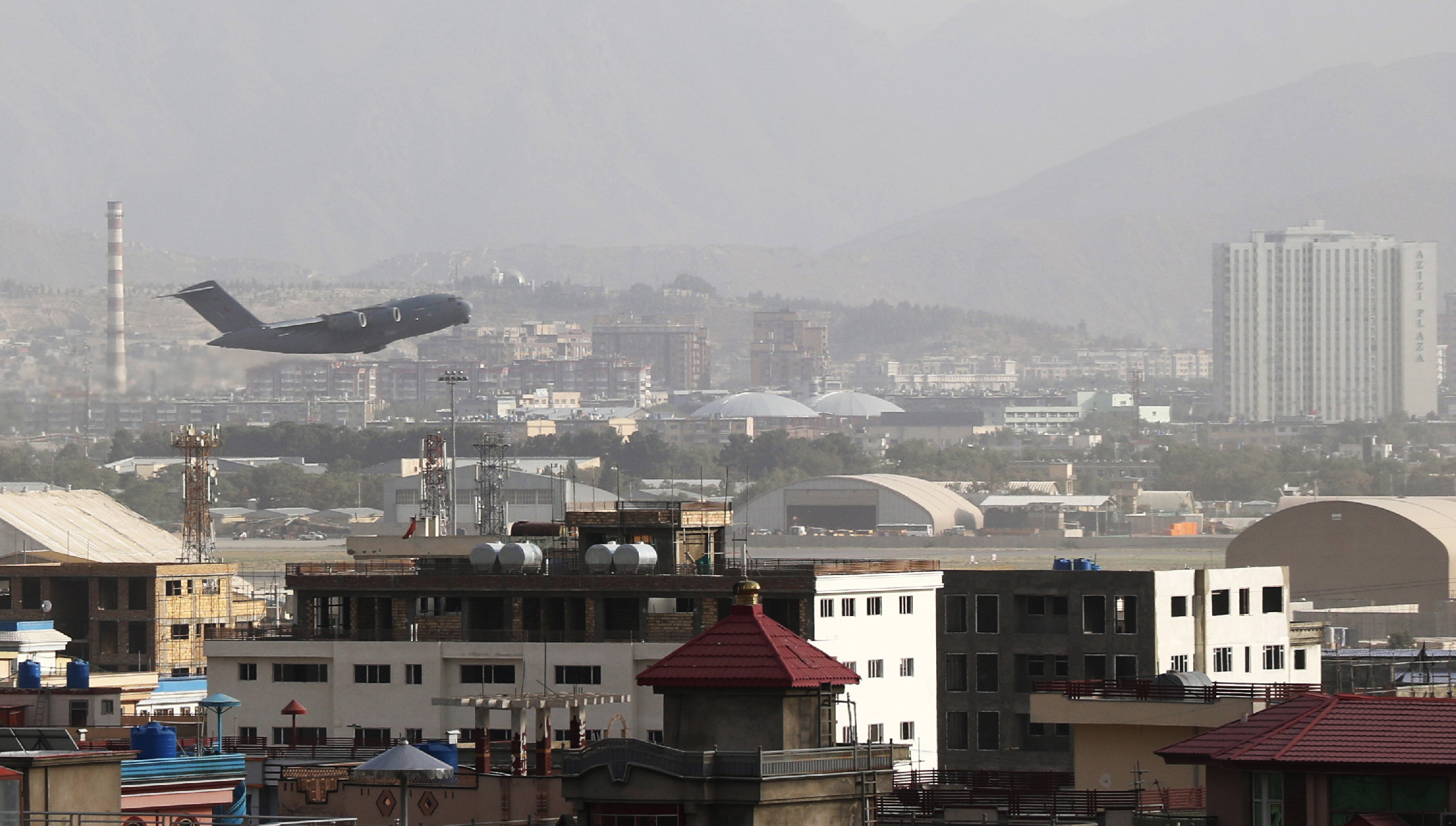The Afrin Incursion: Turkish intellectuals arrested for demanding peace
What is the significance of this incursion on an international level and what are its consequences in Turkey?
I am not really an expert on international politics, so what I say may be rather subjective. But to be able to say anything regarding your question, I should provide some (impressionistic) background. As you may well be aware, Syria at the moment is the theater of a (or perhaps several!?) proxy war(s), with the US, Russia, Iran, the Gulf states involved up to their necks. Turkey was already involved from the beginning; it is an open secret that the AKP government (Justice and Development Party) with Erdogan at its head, was heavily engaged in transporting arms, providing safe passage, sanctuary and rear services to the jihadists who were arriving from different European countries, and also from Chechnya etc. This has been aired in the international press since at least three years. Erdogan has been supporting the so called “Free Syrian Army,” a conglomeration of various islamicist, jihadist outfits with a zillion different names, against the Syrian government of Assad. So was the US, actually. In fact it is my impression that the ISIL horror was also spawned by the US and supported by shady Gulf money. ISIL suddenly appeared on the scene like comic strip characters with designer outfits and flags etc., remember? It was uncanny. Well, they were not able to dislodge Assad or generate sufficient anti-Assad sentiment, things sort of got out of hand, and then now the US is supposed to be fighting the jihadists. Russia got in there before the US, in support of Assad, and Iran joined them. Those two are at least consistent. Once the US declared it is out there to fight the islamists, and started to arm the only reliable fighters in the field, the Kurds, the present AKP government had already stared grumbling that Syria was Ottoman territory and that they had a legitimate right to interfere, and that they would not tolerate armed Kurds at their border etc. For the AKP and Erdogan, this was much more rhetoric aimed for internal consumption, but it was also clear that they were itching for an armed intervention, which would close the nationalist ranks behind them and ensure an electoral victory in 2019. So the present incursion into Afrin is not something that happened out of the blue. It was coming. You can get a better informed take on all this from the serious press abroad anyway. It is of course very tragic, that the province of Afrin, which has not seen fighting so far and was able to provide sanctuary to many fleeing from the war zones, is now coming under attack. It is also tragic that some under the table dealings must have occurred for both the US and the Russians to suddenly fade from the scene and leave Afrin at the mercy of Erdogan.

I have not been following the European press closely enough, but it does not seem to me that there is any sort of general outrage and condemnation. Close to a hundred Italian academics issued a message. Kurdish people living in different European countries have staged demonstrations. But somehow the incursion has been taken in stride. Erdogan keeps making speeches that they are going in there to stay, that they have already “sent in their local administrative personnel, and they will be doing their job.”
At home, the war is going to be more and more divisive. The newspapers are being heavily controlled by the government, many of them have actually been put under caretaker administrators since many years, and all (except for three leftish newspapers) are full of “news from the front” with first pages totally devoted to the fallen (Turkish) soldiers, their families etc., and soldiers distributing things (food, toys…) to the local children etc. The main opposition party has thrown its lot down together with the government, to endorse the incursion as “necessary for the safeguarding of the country.” (Only since yesterday they are saying they should not enter the city of Afrin.)
So to me, it seems that the whirlpool of the proxy war(s) has just drawn Turkey in as well. Europe in general thinks it can stay out of the mess, sell more arms, try to keep the refugees out of its borders, and somehow weather the storm. What it should be doing instead is putting some breaks on the horrible and spiralling human misery, but I do not see any popular or government level initiatives materializing in this respect.
Who signed the open letter?
The people who signed were former ministers and members of parliament, journalists, theater and film actors/actresses and directors, professors, writers, musicians, members of civic organizations and the women’s movement, many of whom had for years espoused anti-war policies.
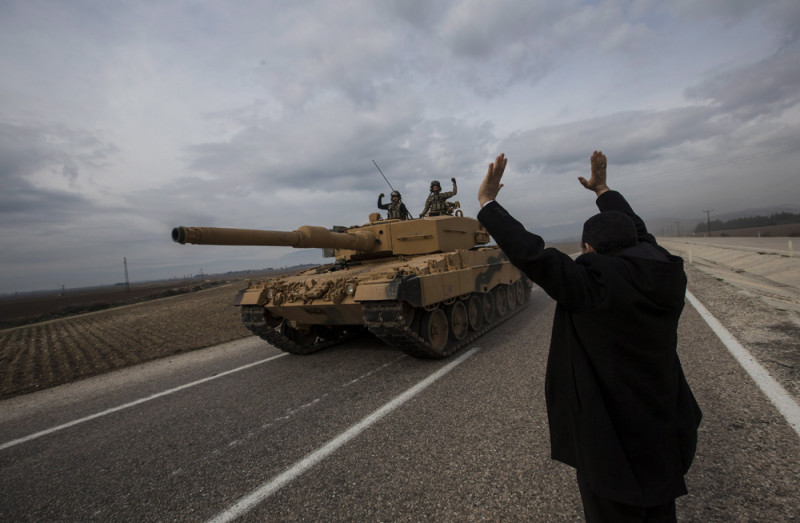
How did the political elite react?
Once the letter reached the members of parliament several AKP parliamentarians came out to rain insults on the signatories as being disloyal and unpatriotic (but they did quote the letter and list of signatories in full). Many newspapers in the government “pool” picked up the same strain the next day. The Vice-Prime Minister and Speaker for the Cabinet of ministers, Bekir Bozdag railed against the signatories saying he refused to accept such people as enlightened citizens, and the President of the Republic Recep Tayyip Erdogan, however was much more explicit calling them “traitors, people without morals, despicable people…”
On the other hand, some members of parliament from the People’s Democratic Party and the Republican People’s party stressed that, under international law, seeking peace was an obligation of all states. Both the UN Declaration of the Right to Live in Peace, and subsequent resolutions of the UN Human Rights Council make it incumbent upon governments to preserve peace and to guarantee a peaceful existence for their citizens.”
Very soon after the open letter, which was delivered to the MPs on the 21st of January, the Turkish Medical Association came out with a statement on the 23rd of January, saying: “War is a public health issue.” The whole Central Council were detained on the 30th of January, but all were finally released on the 5th of February, conditional to judicial control (they have to report to a police station once every month).
At the moment Erdogan has set a machinery in motion to strip the TMA of the appellation “Turkish”.
Meanwhile on the 30th of January more than 500 members of the Union of Turkish Bar Associations made a statement protesting the arrests of the TMA Council and defending freedom of expression. Erdogan is also threatening then UTBA of stripping “Turkish” from their emblem. But they have made a second statement yesterday… and so on.
What are the outcomes of these protests and what is the next step?
The repression is going to be stepped up to keep the war going. People have gained some confidence in being able to raise their voice. There is very strong control of what is printed, but people do see the inconsistencies, and as more and more casualties pile up there will be more resistance.
The open letter
Dear Member of Parliament,
In view of the power and responsibility that you hold, we, the undersigned citizens, are calling on you on behalf of millions of our people.
We want peace, and not war in our country and our region. We are convinced that the best way to protect our borders and to avoid threats to our national interests is to strengthen neighbourly relations with others. We are convinced that our security can be ensured not with armaments costing billions of dollars, and a war that will displace tens of thousands of families and lead to the deaths of many young people, but with dialogue, negotiations and co-operation. We know from experience that this is possible.
We know that armed intervention in Afrin, a piece of land that belongs to Syria and that has never threatened Turkey, will result in destruction, pain and bigger problems for Turkey, and it will deeply wound our Kurdish citizens.
While even the military presence of countries that have turned the Middle East into a hell of proxy wars violate international laws, any steps Turkey takes to join them will lead to dire humanitarian, economical, social and political consequences that may take decades to repair.
As citizens, we take on the responsibility of expressing these concerns to you publicly and on the historical record. We call on you to stop this war immediately and to deal with issues through negotiations.
